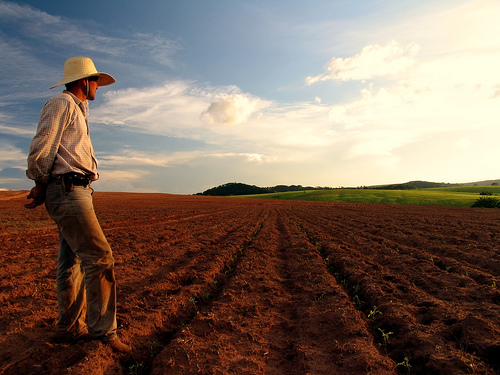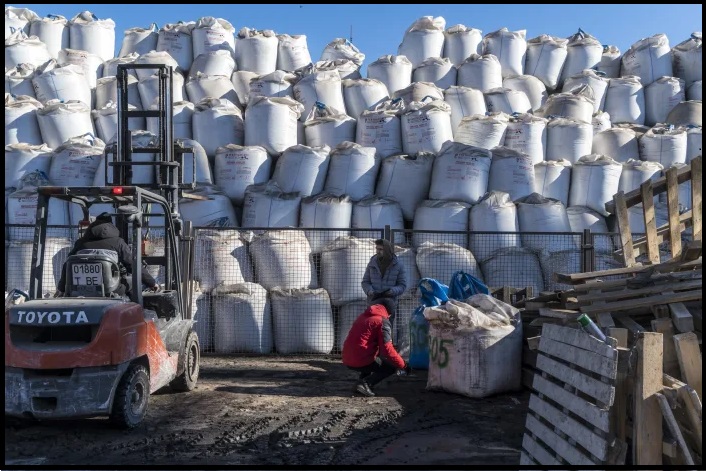Food Supply Protectionism is Rapidly Spreading as Global Organizations Like The IMF Warn of Consequences
This is an update to an ongoing issue we started seriously discussing last October when it became clear that if the trajectory was followed, “the absence of food will change things.”
 The International Monetary Fund (IMF) is continuing to send warnings with increased urgency about the very real possibility of widespread food shortages in regions where food instability is a historic issue. [SEE HERE]
The International Monetary Fund (IMF) is continuing to send warnings with increased urgency about the very real possibility of widespread food shortages in regions where food instability is a historic issue. [SEE HERE]
“The war in Ukraine has triggered a sharp increase in energy and food prices that could undermine food security in the region, raise poverty rates, worsen income inequality, and possibly lead to social unrest,” the Fund said in its annual Regional Outlook for Africa.”
This is a recent warning around a topic that has increasingly gained international attention. Indeed, experts in multiple related agricultural fields have openly started to discuss and predict a looming crisis as the majority of the global food supply is contingent on only one or two growing cycles per year for harvest. Those harvests are facing multiple headwinds that could likely result in lower yields.
Against this backdrop we can be certain that all nation’s government interests are taking this issue seriously. Now, we are starting to see a race for supply control by various governments.
WASHINGTON — Ukraine has limited exports of sunflower oil, wheat, oats and cattle in an attempt to protect its war-torn economy. Russia has banned sales of fertilizer, sugar and grains to other nations.
Indonesia, which produces more than half the world’s palm oil, has halted outgoing shipments. Turkey has stopped exports of butter, beef, lamb, goats, maize and vegetable oils.
Russia’s invasion of Ukraine has unleashed a new wave of protectionism as governments, desperate to secure food and other commodities for their citizens amid shortages and rising prices, erect new barriers to stop exports at their borders.
[…] Export restrictions are making grains, oils, meat and fertilizer — already at record prices — more expensive and even harder to come by. That is placing an even greater burden on the world’s poor, who are paying an ever-larger share of their income for food, increasing the risk of social unrest in poorer countries struggling with food insecurity.
Since the beginning of the year, countries have imposed a total of 47 export curbs on food and fertilizers — with 43 of those put in place since the invasion of Ukraine in late February, according to tracking by Simon Evenett, a professor of international trade and economic development at the University of St. Gallen. (read more)
With all of this global concern over food production and food instability, one might ask why our own government is not doing everything possible to increase farm yields in the U.S. this year.
Instead, Joe Biden is asking for another $33 billion to pay for the salaries and pensions of the Ukraine government.
Go figure.





Post a Comment